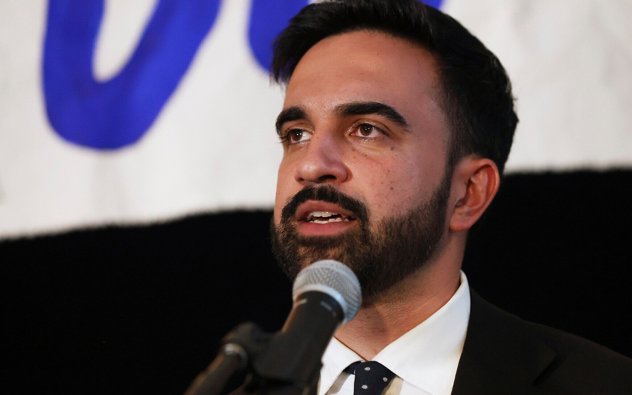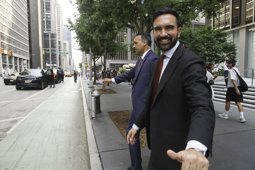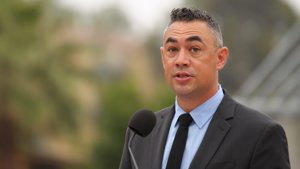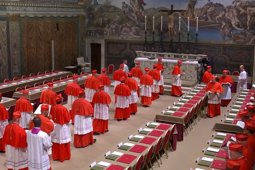
Mamdani Under Fire Over Identity, Economy, and Jewish Criticism
Mayoral candidate Mamdani faces questions over identity claims, economic policies, and accusations of disrespect toward Jewish traditions.
Identity and Economic Focus Spark Debate in NYC Mayoral Race
New York City mayoral candidate Zohran Mamdani is at the center of a growing controversy after reports surfaced that he identified as both Asian and African-American on his Columbia University college application. Mamdani, who was born in Uganda to parents from India, said he checked multiple boxes to reflect what he called the fullness of his background. The report, published by The New York Times, prompted pointed questions during a recent interview and attacks from mayoral opponents.
House Minority Leader Hakeem Jeffries, when asked about the issue, emphasized the need to focus on pressing concerns like affordability and housing in New York City. Jeffries said the city's next mayor should present concrete solutions for working-class neighborhoods, which are facing pressures from gentrification and displacement. He declined to comment directly on Mamdani’s college application but urged attention to economic challenges facing New Yorkers.
The Times clarified in a statement that its reporters obtained Mamdani’s application after a cyberattack on Columbia University, but verified the information directly with the candidate. Mamdani expressed that the limited racial identity options on the application did not fully capture his heritage and background, and he included his country of birth in his submission.
Economic Platform and Democratic Response
The debate over Mamdani’s identity has coincided with discussion of his economic agenda. Rep. Tom Suozzi, D-N.Y., said he disagrees with Mamdani’s positions but believes Democrats should note the candidate’s ability to tap into public frustration over affordability. Suozzi drew parallels between Mamdani’s messaging and President Donald Trump’s appeal to those concerned about economic security. He argued that both the left and right should prioritize policies that help working families achieve a good quality of life, including access to housing, education, and healthcare.
Suozzi cautioned that while issues such as reproductive rights and LGBT protections matter, many voters are more immediately focused on paying bills and providing for their families. He called Mamdani’s primary win a “wake-up call” for Democrats to reconnect with middle-class and working-class concerns.
Jewish Group Criticizes Social Media Posts
Further controversy has erupted over Mamdani’s social media activity. The Jewish advocacy organization Stop Antisemitism condemned Mamdani for sharing a parody video that mocked Hanukkah traditions, calling the post disrespectful to sacred practices. Mamdani posted the video, originally created by a comedic group, during Hanukkah, and later posted another video from the same album on Christmas Eve.
These incidents come amid longstanding accusations from some groups that Mamdani’s stance on Israel and past remarks are antisemitic. Mamdani has publicly declined to recognize Israel’s right to exist as a Jewish state, instead advocating for equal rights in all states. Critics argue his views and refusal to condemn certain rhetoric are troubling for Jewish residents and the broader New York City community.
The Mamdani campaign has not publicly responded to recent criticism. As the election approaches, the controversies underscore broader debates about identity, inclusivity, and the role of economic policy in urban politics. Democratic leaders and advocacy groups remain divided over Mamdani’s positions and rhetoric, while voters consider how these issues reflect the future direction of New York City.






